Vietnam Evisa for Haryana Tourists is an essential aspect of planning your journey to this vibrant and culturally rich Southeast Asian country. For travelers from Haryana, obtaining the correct visa ensures a hassle-free entry into Vietnam, allowing you to enjoy its breathtaking landscapes, historical sites, and mouth-watering cuisine. This guide will walk you through everything you need to know about the Vietnam eVisa system, eligibility criteria, application processes, and tips for making the most out of your trip.
Introduction to Vietnam Evisa
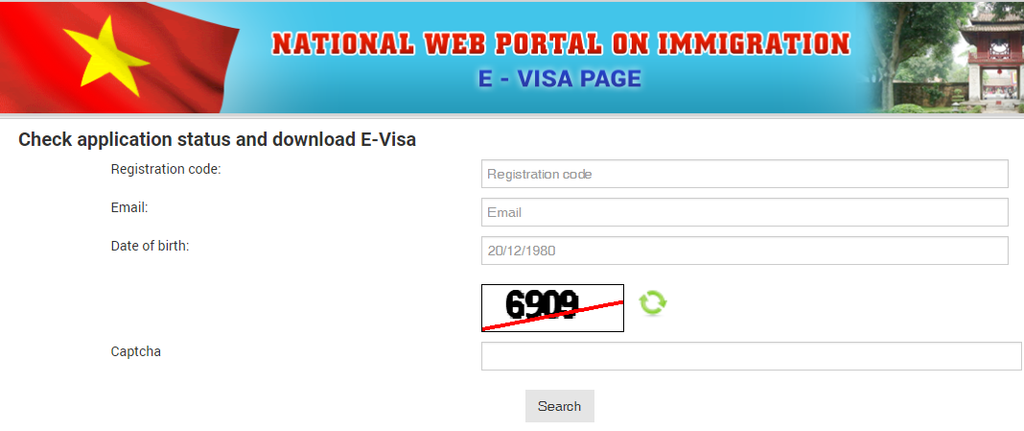
Travel has evolved significantly over the years, especially with advancements in technology. One such advancement that has simplified international travel is the introduction of electronic visas or eVisas. The idea behind eVisas is to streamline the process of applying for travel authorization by enabling tourists to complete the necessary documentation online.
Overview of the Evisa System
The Vietnam eVisa is an electronic travel authorization that allows foreign nationals, including those from India and specifically Haryana, to visit Vietnam for various purposes, primarily tourism and business. This digital document eliminates the need for complicated paperwork and in-person visits to Vietnamese embassies or consulates.
Typically, the eVisa is sent directly to your email, which you can then print out and present upon arrival in Vietnam. It’s not only convenient but also environmentally friendly, reducing the amount of paper used in traditional visa applications.
Importance of Evisa for International Travel
For many travelers, securing a visa can be one of the most daunting tasks before embarking on an international adventure. The Vietnam eVisa plays a crucial role in enhancing the overall travel experience.
By offering a simplified online application process, it provides peace of mind to tourists who may feel overwhelmed by the complexities of international travel requirements. Moreover, the eVisa is generally processed faster than traditional visas, so you can focus more on planning your itinerary rather than worrying about bureaucratic hurdles.
Eligibility Criteria for Vietnamese Evisa
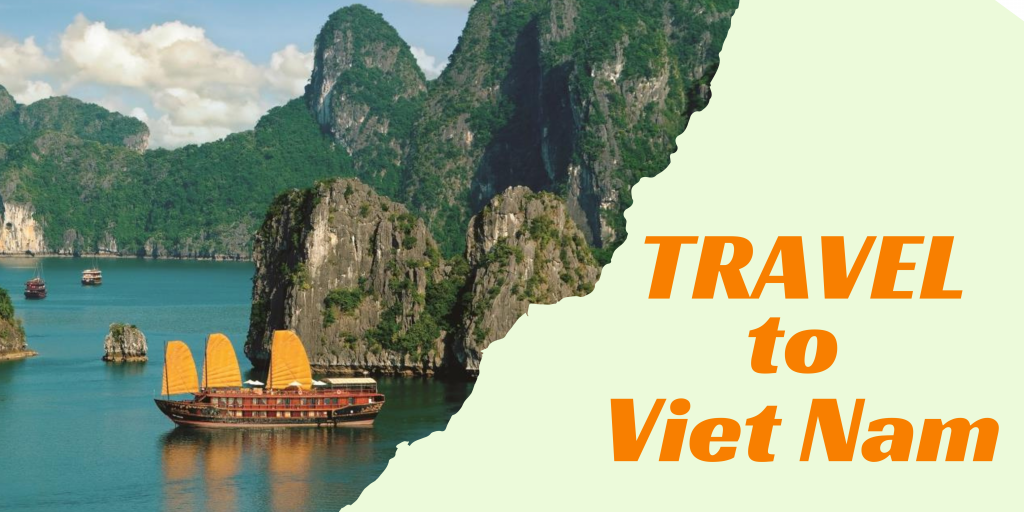
Before you dive into the application process, it’s important to determine if you meet the eligibility criteria set forth by the Vietnamese government. Understanding these requirements ensures a smoother application experience and helps avoid unnecessary delays.
General Requirements for Indian Citizens
While specific requirements may vary based on nationality, there are general guidelines that all Indian citizens must adhere to when applying for a Vietnam eVisa.
Firstly, applicants must possess a passport that remains valid for at least six months beyond their intended stay in Vietnam. Additionally, having a recent passport-sized photograph taken against a white background is essential.
Lastly, it’s crucial to have a valid email address where the eVisa will be sent after approval. Make sure that all your details match perfectly with the information provided in your passport, as discrepancies could lead to complications during the immigration process.
Specific Criteria for Haryana Tourists
Haryana tourists need to pay attention to specific criteria tailored for Indian citizens coming from the state.
It is recommended for travelers to review the latest travel advisories issued by both the Indian government and Vietnamese authorities. Furthermore, any tourist wishing to enter Vietnam must not have a criminal record or be under investigation for criminal activities.
Any previous violations of visa regulations in Vietnam may also disqualify an applicant from receiving an eVisa, so it’s essential to ensure that your travel history aligns with the requirements.
Types of Evisa Available
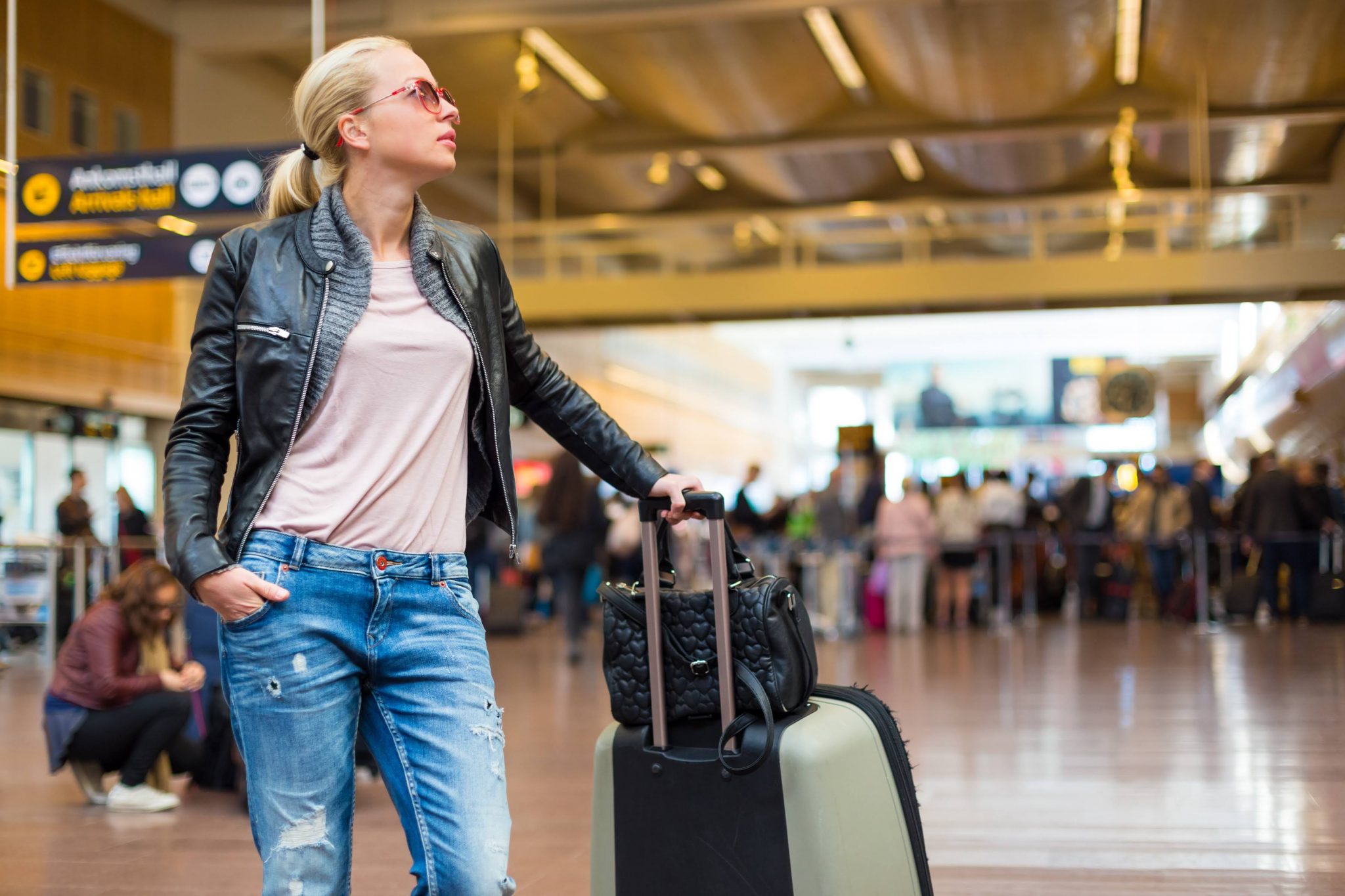
Understanding the types of eVisas available can help you choose the right one according to your travel purpose. Each type caters to different needs, from tourism to business-related trips.
Tourist Evisa
The Tourist eVisa is ideal for individuals visiting Vietnam for leisure purposes. This visa typically allows stays of up to 30 consecutive days within a single entry.
When opting for a tourist eVisa, you can explore iconic sites such as the bustling streets of Ho Chi Minh City, the tranquil beauty of Ha Long Bay, and the ancient charm of Hoi An without any interruption. The ease of this visa makes it particularly popular among travelers.
Business Evisa
For Haryana tourists traveling to Vietnam for business meetings or conferences, the Business eVisa serves as the ideal solution.
This eVisa allows business travelers to engage in activities like attending seminars, negotiating contracts, or exploring investment opportunities. Unlike tourist visas, the Business eVisa may permit multiple entries, making it convenient for those who frequently travel between India and Vietnam for work.
Transit Evisa
If you’re passing through Vietnam en route to another destination, you may need a Transit eVisa.
This visa is specifically designed for individuals who have layovers in Vietnam and plan to leave the airport for a short period. Typically valid for a limited duration, this option allows you to take a brief tour of cities like Hanoi or Ho Chi Minh City during your transit time, letting you make the most of your travel.
Application Process for Vietnam Evisa
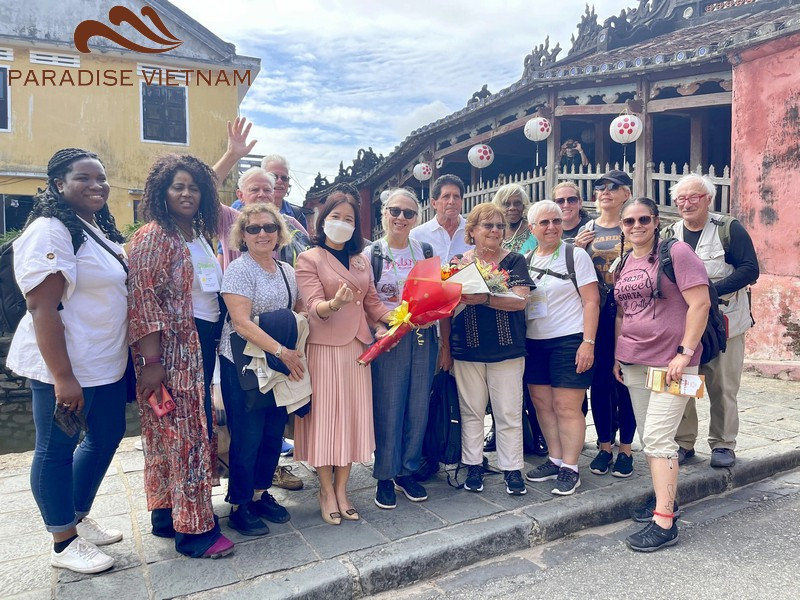
Now that you’ve chosen the appropriate eVisa type, it’s essential to understand the application process thoroughly. A clear understanding can save you valuable time and potential headaches.
Step-by-Step Guide to Applying Online
Applying for a Vietnam eVisa is a straightforward process. Start by visiting the official website designated for eVisa applications.
Once there, select the type of visa you wish to apply for—tourist, business, or transit—and fill out the online application form. Be prepared to provide personal information, such as your full name, passport number, date of birth, and travel plans.
After submitting the form, you’ll receive an application code, which you must keep handy as it will be required to check the status of your application later.
Required Documents for Application
Having the required documents ready prior to starting the application can expedite the process.
At a minimum, you’ll need a scanned copy of your passport’s data page and a recent passport-sized photograph. Additionally, depending on your visa type, you may need to submit additional documentation. For business eVisas, for instance, letters of invitation from Vietnamese companies may also be required.
Ensuring that your documents are high-quality scans can also prevent delays in processing times.
Common Mistakes to Avoid
While the eVisa application process is user-friendly, there are still common pitfalls that applicants may encounter.
One frequent mistake occurs when applicants accidentally submit incorrect personal information, such as misspellings or wrong passport numbers. Another common issue arises from failing to upload the necessary documents or submitting low-resolution images, leading to rejection of the application.
To avoid these errors, double-check all entered information and ensure your documents meet the specified requirements before hitting the ‘submit’ button.
Processing Time and Fees
Understanding the processing times and associated fees for the Vietnam eVisa can help you plan your journey more effectively.
Average Processing Times for Evisa
The average processing time for a Vietnam eVisa typically ranges from three to five working days. However, during peak travel seasons or holidays, processing times may extend beyond this standard.
It’s wise to apply for your eVisa well ahead of your planned travel dates, giving ample time for any unforeseen delays. Check the website regularly for updates on your application status using the unique code provided during your submission.
Breakdown of Costs Associated with Evisa
The cost of obtaining a Vietnam eVisa can vary depending on factors like visa type and processing speed.
Generally, the fees for eVisas are modest compared to other countries’ visa offerings, making it an attractive option for budget-conscious travelers. If you opt for expedited processing, expect a higher fee, but you will benefit from quicker turnaround times.
Always verify the payment options and ensure that you’re aware of any additional service charges that may apply.
Payment Methods for Evisa Fees
When it comes to paying for your Vietnam eVisa, knowing your options can alleviate stress during the application process.
Acceptable Payment Options
Most eVisa application platforms accept a variety of payment methods, including major credit and debit cards. Each platform will outline the accepted payment forms, so review these options before proceeding with your application.
Additionally, some services may offer third-party payment systems, which can provide further flexibility. Always ensure that the payment portal is secure before entering sensitive information.
Currency Considerations
Another important factor to consider is currency conversion rates. When paying for your eVisa, the fees are typically displayed in U.S. dollars.
Be mindful of the conversion rate applied by your bank if you’re using an Indian card. Some banks may impose extra charges for foreign transactions, so it’s beneficial to consult with your bank beforehand to understand all potential costs involved.
Validity and Duration of Stay
Gaining clarity on the validity and duration of stay permitted by your eVisa is crucial for ensuring compliance with Vietnamese immigration laws.
Length of Stay Allowed with Evisa
In most cases, the Vietnam eVisa allows a 30-day stay from the date of entry. For Haryana tourists, this timeframe is usually sufficient to explore key attractions across the country.
However, travelers should always double-check whether the eVisa they are applying for permits single or multiple entries, as this can affect how long you can remain in Vietnam.
Renewal and Extension Options
If you find yourself wanting to extend your stay in Vietnam, there are options available.
While the eVisa itself cannot be renewed, visitors may apply for an extension through local immigration offices or via authorized agents. It’s advisable to start this process at least a week before your current visa expires to avoid overstaying.
Make sure to have a valid reason and necessary documentation ready to support your application for an extension, as approvals can vary.
Traveling to Vietnam with an Evisa
Once you’ve secured your eVisa, it’s time to prepare for your travel to Vietnam. Familiarizing yourself with the entry points and immigration procedures can lead to a smoother experience.
Entry Points for Evisa Holders
Vietnam welcomes eVisa holders at several international airports and land borders. Major entry points include Tan Son Nhat International Airport in Ho Chi Minh City and Noi Bai International Airport in Hanoi.
It’s essential to verify that your entry point accepts eVisa holders to avoid complications upon arrival. Some land border checkpoints may have restrictions, so thorough research is advised.
Immigration Procedures Upon Arrival
Upon arriving in Vietnam, you’ll find dedicated lines for eVisa holders at immigration control.
Have your printed eVisa ready alongside your passport to present to immigration officers. They may ask questions regarding the purpose of your visit or your planned itinerary, so be prepared to provide details if prompted.
After a quick stamp in your passport, you’ll be free to explore the wonders of Vietnam!
Tips for Haryana Tourists Visiting Vietnam
As you plan your trip, there are practical tips and cultural insights that can enhance your travel experience in Vietnam.
Cultural Considerations and Etiquette
Vietnamese culture is rich with traditions, and being mindful of local customs goes a long way toward fostering positive interactions.
For example, greeting locals with a smile and a slight bow can convey respect. When visiting religious sites, dress modestly, covering shoulders and knees. Additionally, always remove your shoes before entering someone’s home or certain establishments.
In social settings, avoid discussing sensitive topics like politics or religion unless you know the person well. Embrace the local etiquette, and you’ll likely gain a warm reception from the Vietnamese people.
Language and Communication
While English is spoken in tourist areas, the proficiency level can vary. To better communicate, learning a few basic Vietnamese phrases can be incredibly helpful.
Simple phrases such as “Xin chào” (Hello) and “Cảm ơn” (Thank you) can break the ice and show appreciation for local culture. In addition, having a translation app on your phone can bridge gaps in communication when needed.
Don’t hesitate to use gestures or visual aids to assist in conveying your message; the Vietnamese are generally understanding and accommodating.
Frequently Asked Questions about Vietnam Evisa
Addressing common queries can help alleviate anxiety for first-time travelers approaching the eVisa application process.
Common Queries from Haryana Tourists
Many travelers wonder about the consequences of overstaying their eVisa. It’s crucial to understand that overstaying can result in fines, deportation, or restrictions on future travel to Vietnam. Always respect the duration allowed by your eVisa and seek extensions if needed.
Another frequent question pertains to the ability to change travel plans once the eVisa is approved. It’s possible to alter your travel itinerary, but be cautious about entry points and visa conditions.
Resources for Further Information
For more detailed information regarding the Vietnam eVisa, the official government websites are invaluable resources. Social media forums and travel blogs can also provide firsthand experiences from fellow travelers, helping you gain insight into the dos and don’ts of visiting Vietnam.
Joining online travel communities specific to Vietnam can also connect you with experienced travelers who share tips and tricks that can enrich your journey.
Conclusion
Navigating the landscape of international travel can be overwhelming, but with the right information, securing a Vietnam eVisa and experiencing the beauty of Vietnam can be effortless and enjoyable for Haryana tourists.
From understanding eligibility criteria to learning about local customs and etiquette, each step contributes to making your journey memorable. By planning ahead and staying informed, you can immerse yourself in Vietnam’s captivating culture, stunning scenery, and delicious cuisine, creating memories that will last a lifetime.
So pack your bags and prepare for an adventure in Vietnam—the journey awaits!
Citizens of 14 countries are exempt 45 days visa: Germany, France, Italy, Spain, Great Britain – Northern Ireland, Russia, Denmark, Sweden, Norway, Finland, Belarus, Japan, South Korea and Mongolia; Citizens Southeast Asia countries are exempt from 14 to 30 days visa. Please double check what you need before applying to avoid full service charged.


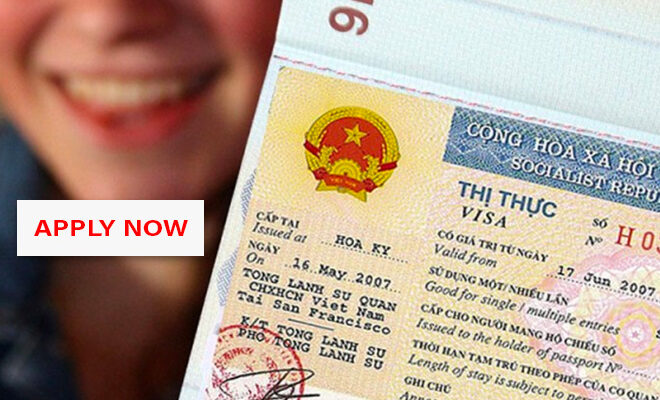
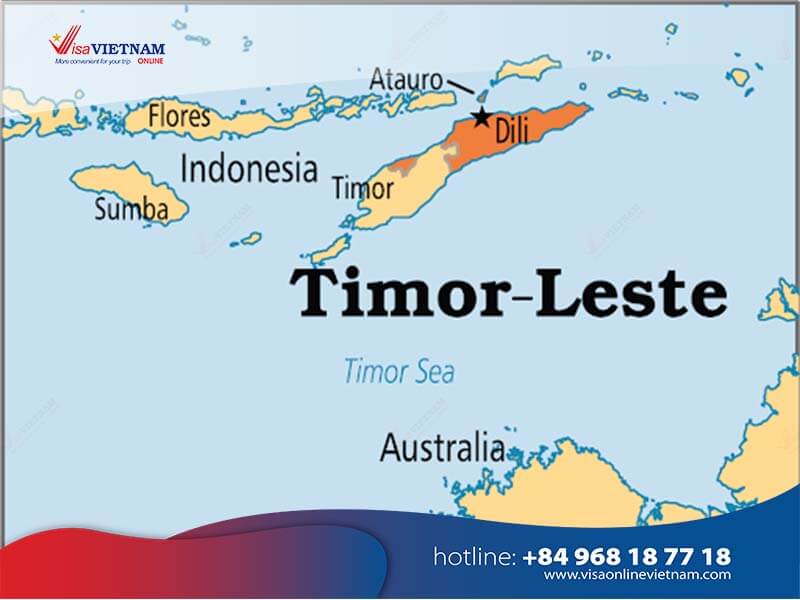
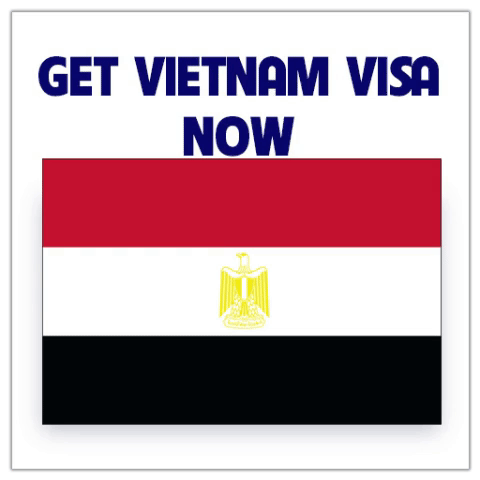
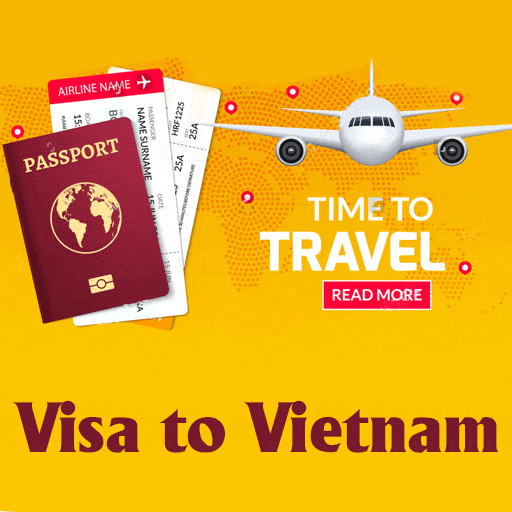
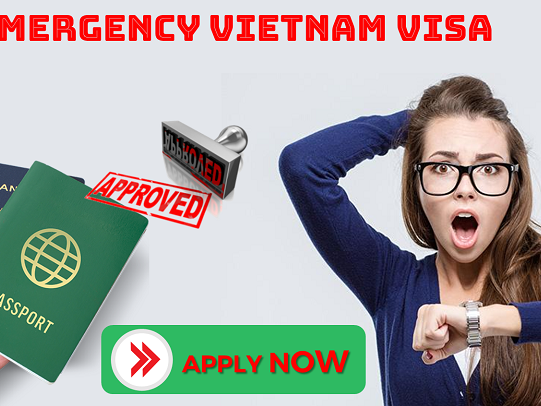



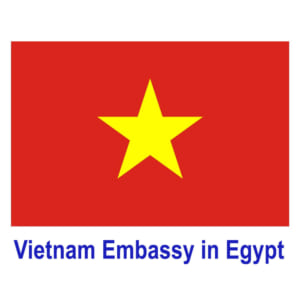

I have been trying to reach you via the phone number listed on your website unsuccessfully to get an answer regarding my upcoming visit to Vitenam
My number 01125188309